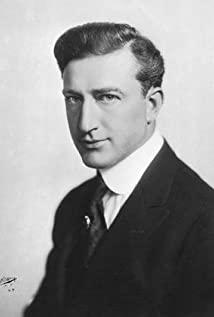From the point of view of feminism, "Love to Paris" embodies the progress of feminism in the 20th century to the extreme. In "Dragon," Sarina tries to commit suicide before leaving David, and is studying in Paris the traditional woman's essential cooking skills. And Sarina in "Love" chose to confess before going to Paris, and studied more avant-garde fashion photography (which also made her "transformation" more logically reasonable). She slapped Linus after he kissed him, and the entanglement between David and Linus became less, and the character became more mature. Just as the name of the movie changed: Sarina's feelings belong to Paris, the "hometown" that has completed her own transformation. In addition, "Love" changes the elders of the Lai family from father to mother, which reflects to a certain extent the reflection on the idea of patriarchy.
"Love" expands Sarina's transformation process in Paris, making up for the lack of the original at the play level.
The adaptation of David in "Love" makes this role more in line with the current psychological state of people: the feelings are fluctuating, but the love of Elizabeth is hesitant on the threshold of "marriage". The marriage between David and Elizabeth in "Dragon" was controlled by Linus from beginning to end. The two had no emotional foundation at the beginning, but in "Love", the two were originally lovers. .
The major plots of the two versions are basically the same, but in terms of specific scenes, "Dragon and Phoenix" is more interesting and dramatic. For example, in the scene where Sarina attends the ball, the presence of David's fiancee, Elizabeth, enhances the drama and comedy. The segment of David and his girlfriend's tryst on the tennis court is highly ambiguous and provocative, using the environment of the "tennis arena" to ingeniously reflect the "game" in the relationship, while the segment of the sunroom in "Love" is relatively monotonous, and "a bed" is more Naked use of the audience's "sexual fantasies" to reflect the so-called "romance" and "emotion". Linus confessed to Sarina in the episode, "Dragon" added a cooking plot, which reflected the intimacy between the characters in the fun, and also adjusted the rhythm of the paragraph, suspending the tension and cramps at the beginning of the paragraph, for the climax of "revealing the truth" transition. The episode begins with Linus struggling with whether to continue deceiving Sarina, who discovers that the ticket prompted him to confess. Compared with the sudden change in "Love", the external actions and internal psychology of the characters in this segment of "Dragon" are smoother.
View more about Sabrina reviews











